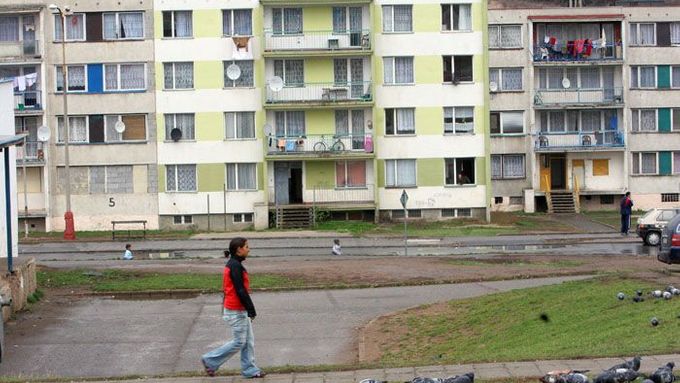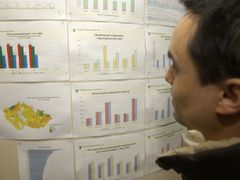Prague - As the world races against time to achieve its "Millenium Development Goal" of halving the global poverty by the year 2015, the Czech Republic seems to have found the right recipe.
There are now 40 per cent less households falling into the "poor" category in the Czech Republic than there were a year ago with the state saving 6,5 billion Czech crowns on social welfare, according to the information available to Aktuálně.cz.
It's probably the most successful reform in the Czech Republic's history. Formerly, the number of families depending on the poverty dole was as high as 200 thousand. Now, it is slightly more than one hundred thousand.
"During this year, the budget for the poverty benefits has been reduced from 16 to 9,5 billion Czech crowns," informed Jiří Sezemský, a spokesman of the Ministry of Labour and Social Affairs.
Enough is enough

The success is mainly due to the law on material needs, presented by a minister of the previous cabinet, a Social Democrat Zdeněk Škromach. The law has come into effect this year in January.
"The most important change the law has brought is that the persons living under the same roof are perceived as single household," informed one of the authors of the reform, Petr Víšek, explaining its unexpected success.
It has transpired that thousands of young people were enjoying this careless lifestyle, being unemployed and living with their parents, they could still claim "pocket money" from the state. "In the eyes of the state, unemployment equaled poverty," said Víšek about the situation prior to the reform.
Inspiration from Germany
Authors of the reform were following the example of neighboring Germany, where a new law recently established the principle of mutual support obligation of people living together.
Other factors have contributed to the success of the law, such as the reduction of unemployment. Víšek explained that stricter attitude towards unemployed has forced many of the young to find work.
Municipalities stepping up to the challenge
Another positive factor was that the municipalities have undertaken the obligation to care for the poorest. "And it is going to get even better, since the officials of the local authorities are still only learning how to create individual plans for the families to lift them out of poverty," said Víšek.
Officials now personally check how much the poor families pay for their accommodation. Up until recently, it was possible for the families to simply produce their rent bills and the state paid them the adequate sum.
Current, more severe policy against the poor doesn't seem to produce such negative consequences as in Slovakia where the previous government's radical reforms reportedly brought many families to near-starvation.

